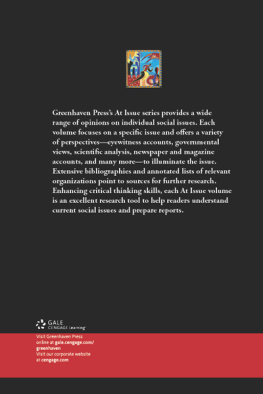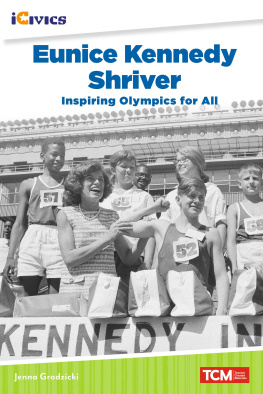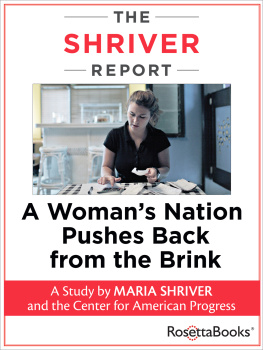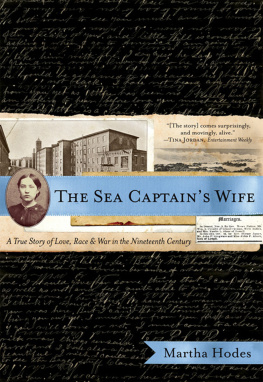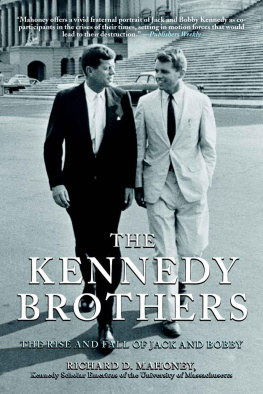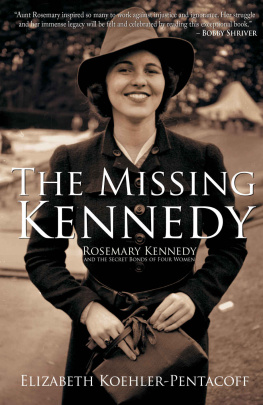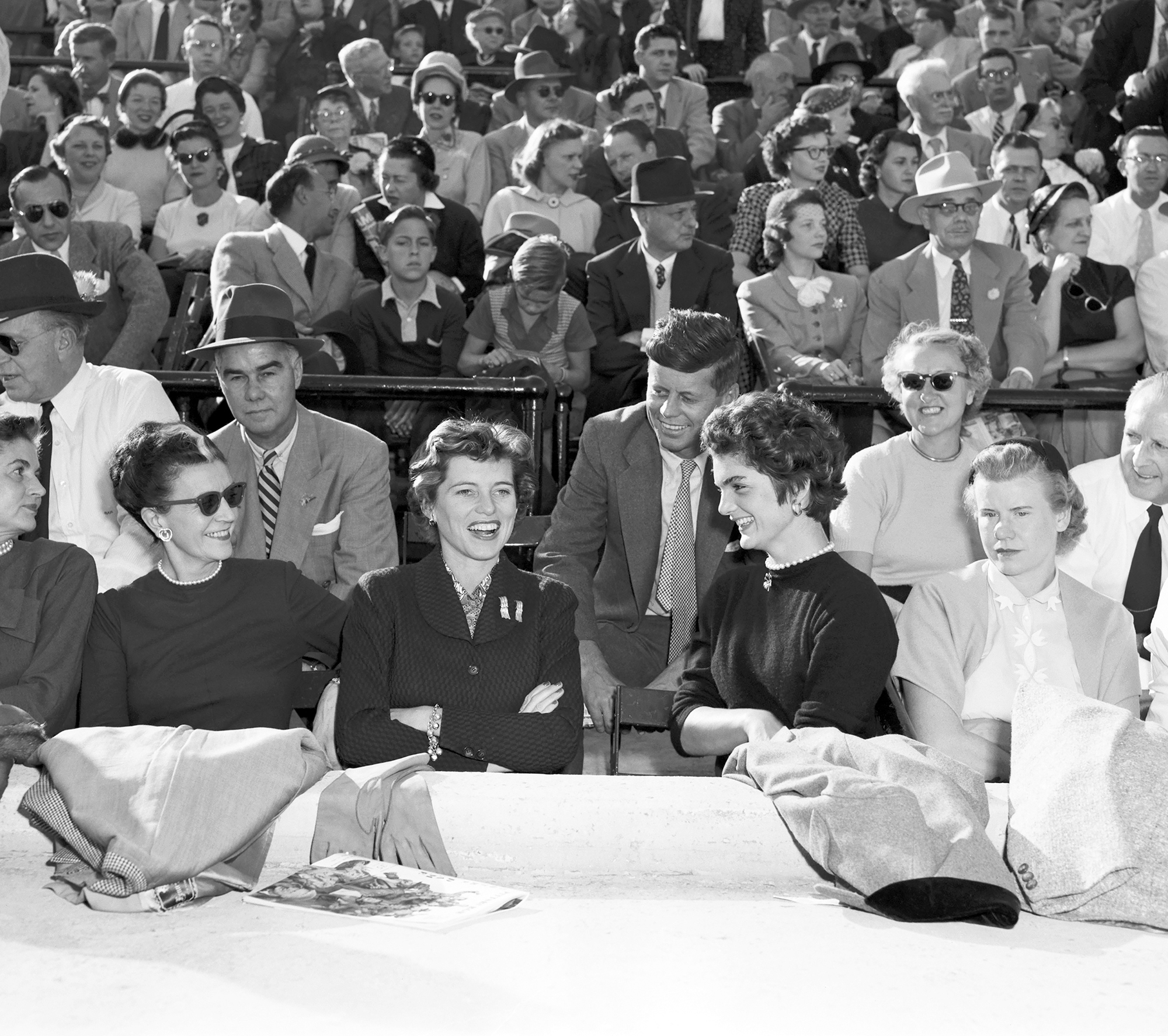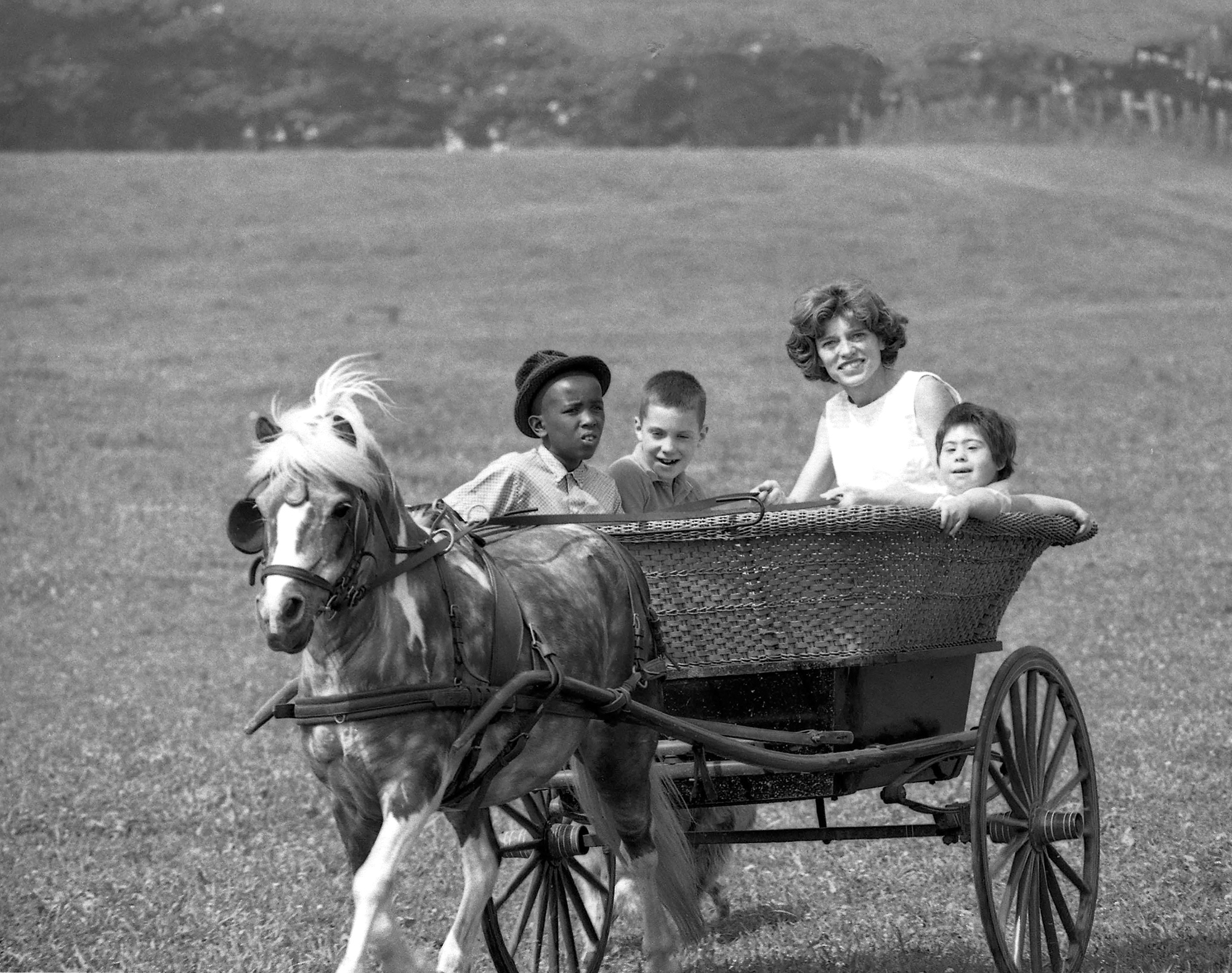Thank you for downloading this Simon & Schuster ebook.
Get a FREE ebook when you join our mailing list. Plus, get updates on new releases, deals, recommended reads, and more from Simon & Schuster. Click below to sign up and see terms and conditions.
CLICK HERE TO SIGN UP
Already a subscriber? Provide your email again so we can register this ebook and send you more of what you like to read. You will continue to receive exclusive offers in your inbox.
We hope you enjoyed reading this Simon & Schuster ebook.
Get a FREE ebook when you join our mailing list. Plus, get updates on new releases, deals, recommended reads, and more from Simon & Schuster. Click below to sign up and see terms and conditions.
CLICK HERE TO SIGN UP
Already a subscriber? Provide your email again so we can register this ebook and send you more of what you like to read. You will continue to receive exclusive offers in your inbox.
ALSO BY EILEEN M C NAMARA
The Parting Glass:
A Toast to the Traditional Pubs of Ireland (with Eric Roth)
Breakdown:
Sex, Suicide, and the Harvard Psychiatrist

Simon & Schuster
1230 Avenue of the Americas
New York, NY 10020
www.SimonandSchuster.com
Copyright 2018 by Eileen McNamara
All rights reserved, including the right to reproduce this book or portions thereof in any form whatsoever. For information, address Simon & Schuster Subsidiary Rights Department, 1230 Avenue of the Americas, New York, NY 10020.
First Simon & Schuster hardcover edition April 2018
SIMON & SCHUSTER and colophon are registered trademarks of Simon & Schuster, Inc.
For information about special discounts for bulk purchases, please contact Simon & Schuster Special Sales at 1-866-506-1949 or .
The Simon & Schuster Speakers Bureau can bring authors to your live event. For more information or to book an event, contact the Simon & Schuster Speakers Bureau at 1-866-248-3049 or visit our website at www.simonspeakers.com.
Interior design by Lewelin Polanco
Jacket photograph by Herb Ritts/Trunk Archive
Jacket design by Jackie Seow
Library of Congress Cataloging-in-Publication Data is available.
ISBN 978-1-4516-4226-1
ISBN 978-1-4516-4227-8 (ebook)
Insert 1: Photo, the Kennedy Family Collection: ; Photo by Ron Edmonds/AP Photo: 18
For Tim May and every unsung caregiver who does the work that makes the difference
Dont call me a saint. I dont want to be dismissed so easily.
DOROTHY DAY
CONTENTS
AUTHORS NOTE
The language used to describe people with intellectual and developmental disabilities has changed over time. The use of the terms mentally retarded and mental retardation in the text reflects common usage in medicine and politics during the historical period described.
KENNEDY FAMILY TREE
INTRODUCTION
[Y]ou are advising everyone else in that house on their careers, so why not me?
EUNICE KENNEDY TO JOSEPH P. KENNEDY, UNDATED LETTER
A correction in the New York Times on August 28, 2009, noted a number of errors in a photo caption that had accompanied the obituary of US Senator Edward M. Kennedy of Massachusetts the day before.
The caption, the nations newspaper of record acknowledged, misidentified two of his sisters and omitted a third in some editions. In some editions, Eunices name was omitted, and in some editions, Rosemary and Kathleen were reversed.
Invisible or interchangeable. That was the lot of the daughters of Joseph P. and Rose Fitzgerald Kennedy, relegated to the role of decorative accessories to the outsized ambitions, first of their father and then their brothers. Charming London society when Joe was US ambassador to the Court of Saint Jamess in the late 1930s. Hosting ladies teas during Jacks first congressional race a decade later. Accompanying one of their brothers during the continual campaign that defined the Kennedys lives for more than a half century. From Jacks ascendancy as the first Catholic president, through Bobbys ill-fated run for the White House, to Teds long career in the Senate, Eunice, Pat, and Jeanthe three Kennedy sisters not lost young to tragedywere a silent backdrop to the nations storied political dynasty.
In the case of Eunice, that image was wildly out of focus. There was nothing silent or ornamental about the fifth of Joe and Rose Kennedys nine children. Even as she hatched the idea for those tea parties, Eunice chafed at such a circumscribed role in what was fast becoming the family business. Dear Daddy, I know you are very busy, she wrote to her father at Hyannis Port, probably in the late fifties. I also know you are advising everyone else in that house on their careers, so why not me?
The answer was simple: as much as Joe Kennedy loved all of his children, his sons, not his daughters, were his priority. Born in 1921, only a year after women in the United States secured the right to vote, Eunice came of age a generation before the second wave of feminism expanded expectations and professional opportunities for women. In many ways, her struggle to be seenon the public stage and in her own familymirrors the experience of so many ambitious women in mid-twentieth-century America who had to maneuver around the rigid gender roles that defined the era.
But nowhere were those roles more deeply ingrained than in the household of Joseph P. Kennedy. Bobby Kennedy surely was not thinking of his sisters when he wrote in praise of his father: In how many families have the young been stultified? Again and again, young men with ability and talent have been kept from taking their places in the affairs of business or on the national stage because an older figure refused to make room and insisted on the glory and attention until the very end. When Joe Kennedy died in 1969, the subheadline above his obituary in the New York Daily News reflected the societal value accorded his five surviving children: He Left One Son, it read.
Eunice accepted that hierarchy at an early age. I am sure its normal for girls to look up to their older brothers with some admiration and sense of dazzlement, but in our case it was fairly extreme, she said. To us, they were marvelous creatures, practically godlike, and we yearned to please them and be acceptable.
Until the end of her life, Eunice would give fulsome credit to her brothers in the White House, the US Justice Department, and the US Senate for initiatives that had been her ideas. She would cede the spotlight to the boys, but she would use her wits, her famous name, her fathers fortune, and her brothers influence to make her own mark. In the process, she would advance one of the great civil rights movements, on behalf of millions of people across the world with intellectual disabilities. When she died, two weeks before her more celebrated kid brother, Ted, it was Eunice who left behind the Kennedy familys most profound and lasting legacy.
Her vision elevated a Chicago parks program into Special Olympics, which, on its fiftieth anniversary, served more than 4.9 million athletes in 172 countries with more than 1 million coaches and volunteers. Her fervor transformed her familys unfocused charitable foundation into an engine for scientific research at universities from Stanford, to Wisconsin, to Johns Hopkins. Her prescience led to the creation of a federal research institute devoted to maternal and child health. Her determination to empty Dickensian institutions for the mentally retarded sparked an unprecedented national commitment to community-based group homes, educational inclusion, and job training that changed the lives of millions who had been warehoused and forgotten.
Next page

